A desolate stretch of Route 195 slices through Massachusetts’ industrial underbelly. Truckers rumble past forgotten motels. The hum of tires drowns out distant cries. In 1988, this highway turned predator. Over 18 months, 11 women, mostly sex workers from New Bedford’s fringes, vanished into the night. Nine bodies surfaced along the roadside. They were strangled, beaten, and discarded like trash. Two disappeared forever. Dubbed the New Bedford Highway Killer, this phantom evaded capture. He left a scar on a community already scarred by poverty and prejudice. For true crime fans chasing ghosts like the Zodiac, this case whispers of a monster who thrived on silence. Drawing from police archives and recent pushes for justice, here’s the chilling saga of America’s most elusive highway hunter.
The Shadow Over New Bedford: A City on the Edge
New Bedford, once a whaling boomtown, had crumbled by the 1980s. Factories shuttered. Jobs fled. The working-class port city grappled with drugs, crime, and quiet despair. Route 140 and Interstate 195 flanked its edges. They served as arteries for transients, truckers, and those scraping by. Sex workers haunted these roads. They were vulnerable to the dark.
The killings erupted in March 1988. Bodies appeared sporadically. They hid in brush or ditches, just off exits. Strangulation dominated: cords, hands, sheer force. No sexual assault marked most cases. Poses mocked the dead, though. Legs spread. Arms twisted. Panic gripped the streets. Women walked in pairs. Bars buzzed with warnings. Yet, police response lagged. Victims were “high-risk.” Addicts. Prostitutes. Dismissed as “lifestyle” casualties. Consequently, tips dried up. The killer struck unchecked.
The Lost Eleven: Faces of the Forgotten
Who were they? Mothers. Daughters. Dreamers derailed by circumstance. All connected to New Bedford’s underbelly. They crossed paths with evil on the edge of the highway. Here’s a timeline of the vanished:
| Victim Name | Age | Date Missing/Found | Details |
| Mary Lou Arruda | 15 | September 8, 1978 (linked) | Strangled. Early outlier, but MO matches. |
| Christine Monteiro | 19 | July 1988 | Missing. Never found. Worked the streets. |
| Mary Santos | 34 | March 4, 1988 | Found strangled along Route 140. Mother of three. |
| Joyce Sowell | 38 | April 1988 | Discarded near I-195. Beaten to death. |
| Christine Rebello | 24 | May 1988 | Strangled. Body in woods off Route 140. |
| Deborah Medeiros | 31 | May 1988 | Found posed in ditch. Ligature marks. |
| Melody Gay | 29 | June 1988 | Missing. Last seen at a bar near the highway. |
| Julie DeWolfe | 29 | June 1988 | Strangled. Dumped roadside. |
| Nancy Soderquist | 29 | August 1988 | Beaten. Body hidden in brush. |
| Sandy Holcomb | 26 | September 1988 | Strangled. Found near New Bedford exit. |
| Donna Lee Bergeron | 24 | July 1988 | Missing. Tied to the pattern. |
These women were not random. All were white. They ranged from their 20s to 30s. They linked to sex work or drugs. Bodies clustered within 20 miles of New Bedford. They often surfaced within hours of vanishing. For instance, Santos and Rebello surfaced weeks apart. They lay mere miles from each other. The killer’s boldness chilled investigators. He hunted in broad daylight. He dumped under noses.
Botched Probes and Broken Trust: Why He Slipped Away
Massachusetts State Police spearheaded the hunt. They dubbed it Operation Turning Point. Over 1,000 leads poured in. Truckers. Locals. Even a Fall River cult was tied to the 1979 murders. But cracks showed early. No central database linked cases. Tips from marginalized voices, sex workers, and addicts faded into files. DNA tech lagged. Early forensics yielded zilch.
Read more: Bruce Mendenhall: The Truck Stop Killer
Suspects piled up. A Missouri drifter confessed, then recanted. A Rhode Island attacker mirrored the MO. Theories swirled. A seasonal fisherman? Or the Connecticut River Valley Killer, active nearby. Yet, no arrests stuck. Racial and class bias loomed. Victims were “throwaways.” Probes underfunded. As one cop admitted, “We chased shadows while the real monster drove away.”
By 1989, killings had halted. The task force disbanded in 1990. Files gathered dust. Consequently, the case went cold. It became America’s longest unsolved serial spree.
Lingering Shadows: Cults, Copycats, and Modern Renewals
Was it one man? Or something sinister? Fall River’s satanic panic pointed to a cult. It is linked to the 1979 double murder of Fall River girls, just miles away. Ritual poses fueled whispers. No proof emerged, though. Others eye transients or a local with alibis that cracked under scrutiny.
Fast-forward to 2025. Renewed pushes breathe life. Journalist Maureen Boyle’s book, The Unsolved Case of the New Bedford Highway Killer, spotlights biases. It calls for DNA retesting. Boston 25 News reports fresh tips and genetic genealogy hunts. Families like the Santos’ cling to hope. “Someone knows. They always do.” Podcasts like True Crime New England keep the fire lit.
Yet, the highway endures. Cleared brush reveals no secrets. At dusk, headlights catch the chill. The killer, dead, fled, or dormant, leaves a blueprint. Prey on the invisible. Vanish into the night.
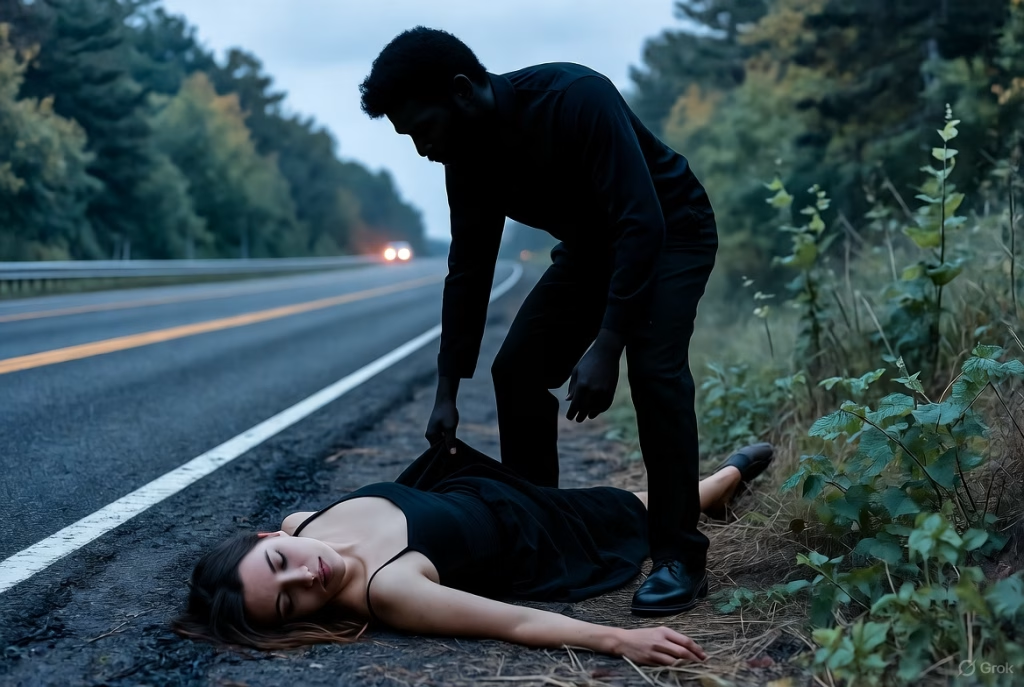
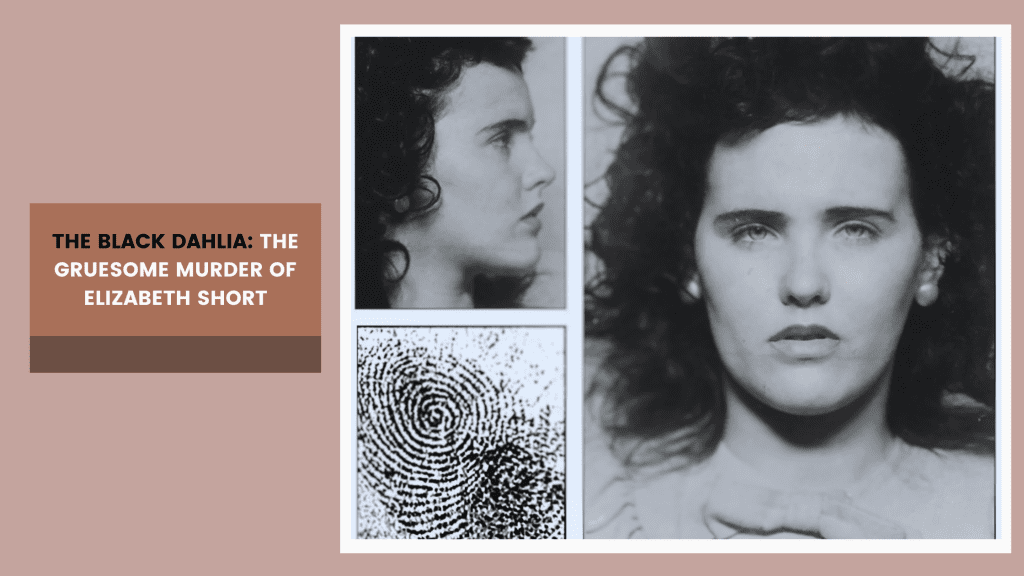
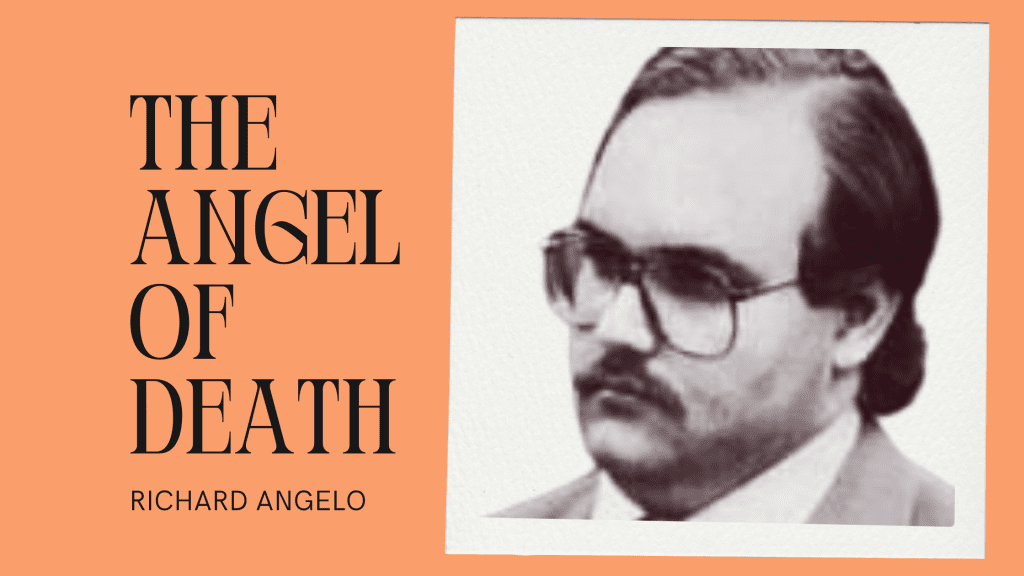
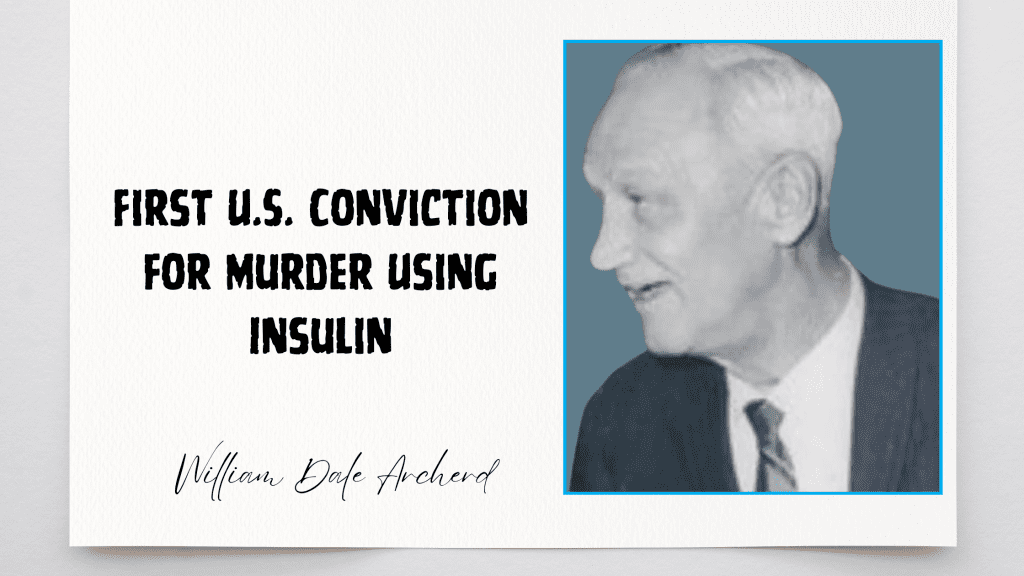
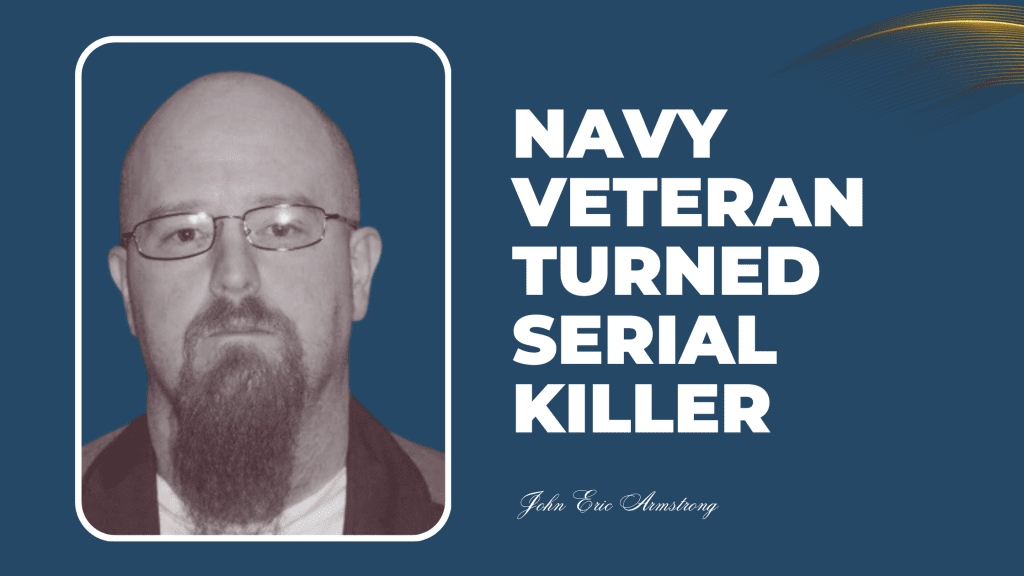
Pingback: The Green River Killer: Gary Ridgway - Serial Killers Perspectives